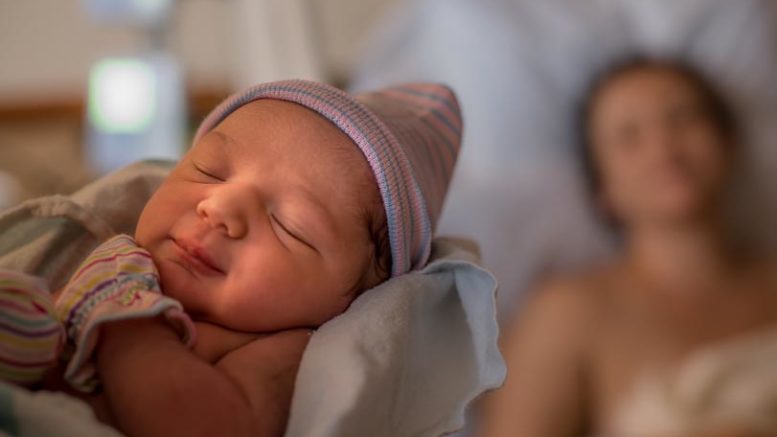Many parents aren’t able to conceive for a variety of medical reasons. Yet these couples still want to have children and raise a family. So, they turn to the alternative: adoption. In fact, each year there are 135,000 children adopted in the United States. That’s 2% of the population, but the truth is that ⅓ of couples who are having trouble conceiving have considered it.
There are many reasons why adoption has increased, and perhaps the biggest reason is that there is no longer any stigma associated with adoption. And whether a child has learned from his or her adoptive parents that they were adopted, or they figure it out on their own, many of those children want to know who their birth family is, and are looking for ways to reunite with them. Uniting with birth relatives helps to bring closure to adoptees, as they’ll finally know who their birth family is and perhaps why they were given up for adoption.
With so many adoptions each year, and so many adopted children are from other countries, how does a person reunite with their birth family? What steps are needed in order to search for their biological relatives? Truth be told, it’s not a walk in the park, but it is something that can be done.
Starting Your Search: Steps You Can Take
If you have a name, or can remember a street address in the city you were born in, you can start by using Nuwber, an online search tool that might be able to provide you with an email address or phone number of the person you’re searching for. Nuwber will come in handy later as well, because once you begin your search, you may receive emails or calls from people who claim to be a long-lost relative. Nuwber will verify their true identity and alert you to someone who is trying to pull off a scam.
Some adoptees have placed ads on Facebook and other sites, only to be confronted with someone who is trying to scam them by pretending to be someone who they’re not. That’s why it’s imperative that you go into this process with your eyes wide open, as there are a lot of bad actors out there.
Fortunately, there are many new tools available to aid in your search. Some of the newer ones like 23andMe, Ancestry.com and FamilyTree DNA all use genetic material to help determine where you were born, so it may help to narrow the search for biological family members.
Adoption Registries
While many adoptees searching for their biological relatives use social media, there are many sites online that have records that date back to the turn of the century. By searching on these registries, you may have a better chance of finding key information that you simply won’t find on social media sites. For example, Adopted.com has a policy where searching is free until a match is found. Another plus of this site is that many parents are also posting on this site, searching for their biological children.
Others use adoption.com, which has become the number one registry site. One of the pluses of this site is the many links it features that can aid in the search to find family members. Here’s something else to consider: depending on which state you live in, you may be able to access their adoption registry. You’ll need to find out if your state has this ,and if they do you should sign up, because many parents have signed up and the state adoption registry will notify you by sharing the names of your relatives.
The problem comes in with regard to the different laws and restrictions that could limit your access to these records. Some of the states have restrictive open record adoption laws, so requesting information won’t be helpful. Yet other states have open record laws, which makes finding key information about your relatives very easy.
There are also many private groups that help with searches, but most charge a fee. Another option to use is the Child Welfare Adoption Directory, which offers you a search tool to aid in finding biological relatives. There are also professionals who specialize in helping to find biological relatives, but be aware that they may be costly. Birth Parent Finder and LegacyTree are two that will aid in your search.
Setting Realistic Expectations
If you’re the one searching for your biological relatives, you should set some realistic expectations for yourself. First, many records have been lost or destroyed over the years, which makes it harder to find biological relatives. Another problem is that often parents who gave a child up for adoption have no desire whatsoever to reconnect.
However hard this may be to accept, the bottom line is your search may not be successful. On the other hand, there are many parents who are putting the same effort and energy out there that you are in hopes of finding their child and reestablishing a relationship. In those cases, the success rate jumps significantly, and your search will be fruitful.
If you do find the information you’re looking for, take things slowly. It will take time for both the parent and offspring to reconnect with one another. But there are many stories of successful searches and successful reunifications that make the effort to find biological relatives worthwhile.
